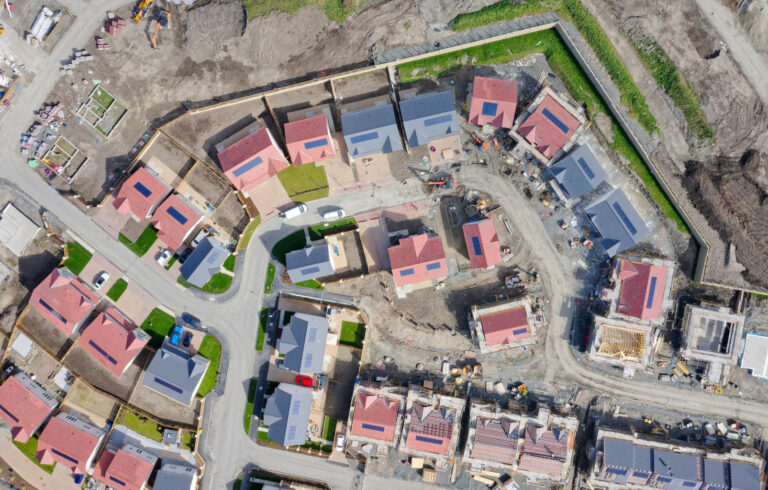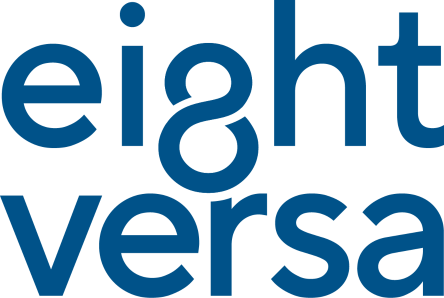Building Performance Analysis
Our building performance service emphasises a multidisciplinary approach to problem solving. Whether it’s energy modelling, thermal comfort, daylighting, air quality, building physics or zero carbon, our service is based on the principle that the total is greater than the sum of its parts. Our aim is to provide you with a solution that is fundamentally holistic and connects the criteria for all building performance disciplines.
Energy and Zero Carbon
Our services enable you to maximise energy efficiencies and achieve a greater operational performance, which goes beyond compliance. We help you achieve your energy objectives, whether that’s an energy audit, assistance with BREEAM certification or compliance with regulations such as EPCs, DECs and ESOS. From planning to in-use, we can support you through the whole building’s life cycle as our experts are qualified in multiple disciplines that will add value in new and existing, domestic and non-domestic buildings.
List of energy services:
- Energy Performance Certificates
(EPCs) - Display Energy Certificates (DPCs)
- Energy Assessments and Low Zero
Carbon studies for Planning - Energy modelling; SAP, SBEM, DSM
and ASHRAE - Energy Audits and Energy
Management - Low & Zero Carbon (LZC) Feasibility
Study - Streamlined Energy and Carbon
Reporting (SECR)
List of building physics services:
- Air Tightness Consulting
- Computational Fluid Dynamics (CFD) and Microclimate Studies
- Condensation Risk Analysis; Surface
and Interstitial (using WUFI) - Daylight and Sunlight Impact
Assessment & Right of Light - Interior Daylight Calculations and
Glare Assessments - Structural Moisture Surveys
- Thermal Comfort and Overheating Analysis
- Thermal Bridging Analysis and U
Value Calculations of Fenestration
and Cladding Systems
Building Physics
To get buildings to perform, you need to understand the science behind them. We bring the technical disciplines together so that the design team and other stakeholders make informed decisions and deliver high-quality buildings. We ensure you achieve your targets with our hyper-detailed approach to your building’s performance throughout the planning, construction or operational stage. Using a full suite of tools and solutions, we analyse everything from heat loss and condensation (EN 15026), air tightness and ventilation (ISO 9972), and natural lighting (BS EN 17037) to thermal comfort. Our detailed evaluation provides the whole picture and can help you align with best practice design standards.
Indoor Environment Quality (IEQ)
Our healthy building experts can develop a comprehensive IEQ strategy for your project that will fulfil your sustainability criteria and support further accreditations. We advise on contaminants, material emissions, air flushing and HVAC, optimising building fabric, determining heat gains and losses, and improving occupant health and wellbeing that will achieve BREEAM or WELL accreditation.
Post Occupancy Evaluation (POE)
Sometimes a building is designed to be brilliant but operates poorly. Our POE services help close that performance gap and deliver corrective action. We equip you with the tools and understanding you need to improve poor building performance, reduce running costs and enhance occupant wellbeing. Our experts analyse operational gaps, identify energy consumption patterns and support you in measuring and benchmarking improvements throughout your operation.
Built Environment
Integrate sustainability into your projects from the start and avoid careless reliance on landfill, high carbon footprints and low sustainability materials.
Ensure your business is complying with environmental regulations and get proof of how you are currently performing.
Protect notable species of flora and fauna with Protected Species Surveys and Licensing, Bat Surveys, Tree Surveys, Arboricultural Method Statements and more.
Evaluate the total environmental impact of your product or project with Life Cycle Assessments.
Related Insights

Building Decarbonisation: It’s How You Use Hydrogen
While the future for hydrogen heating may look somewhat bleak, we suggest that it’s use in electrification is more likely the better option.

Ecology Quarterly Summer 2022
Welcome to Ecology Quarterly, where we share the latest insights, news, and research from the world of ecology for the built environment.1

Building The Future: How new standards are shaping the built environment in 2025
This article explores the key sustainability shifts in 2025 and what they mean for businesses navigating this new era of compliance, accountability, and financial viability.

